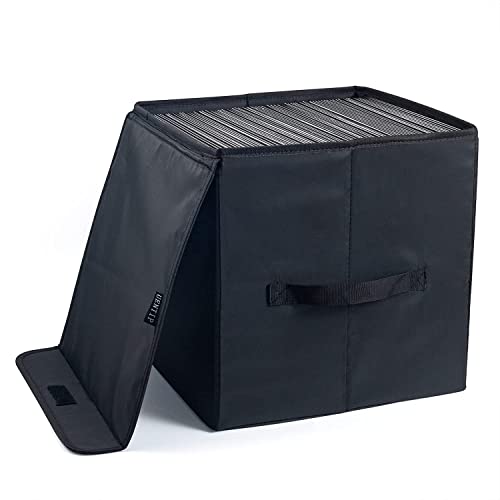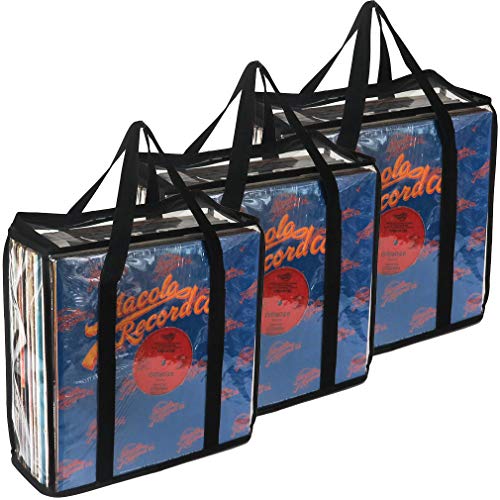Because fdlysis asked, here is my post on the Goslr install. Also, I'm very close to the boundary of being guilty of hijacking Scubadude's 8kW Solar Installation thread!
I didn't want this post to come across as a Goslr promotion, I think they are cool, but that's the limit of my interest in them. So I'm just sticking to the facts in case anyone wants to go this route.
After several years of looking at different options for hybrid solar installs and having a few mates go the route of self install and professional install (PHDPowerhouse and Ellies). I realised as much as I could do the install myself, I just don't have the time, and frankly the equipment brands I would want to use are a big upfront cost. To be honest I also don't really know what the future holds, so a multi-year earn back is not a guarantee. I wish I could have done this work myself, it would have been a nice project... although my insurance company might have disagreed.
Rest of background is here: https://www.avforums.co.za/index.php/topic,97558.msg1093254.html#msg1093254
So, meetings all day everyday, and a family that basically pings me if the wifi drops below 200mb for three seconds basically forced my hand. The big appeal for me in this option is the maintenance, off-site monitoring, and replacement of equipment (including batteries).
I went for the GoSolr large install
14 x 455kw panels, Canadian Solar I think.
8kw Deye Inverter
2 x 5,5kWh Hubble batteries (Imported components, locally assembled)
I have the option to add an additional 5.5kWh battery for R500, which I don't need right now, but we'll see if my tune changes when our next 3 day outage hits my area.
INSTALLATION
Took 2.5 days of work to install the electricals and panels (Probably would have been two days had it not been for the rain on the second day)
Day 1: Panels, Inverter/battery setup, DB board prep
Day 2: Wiring and Integragtion into DB board
Day 3 (Half a day really): Switch on and final configuration.
Inverter Battery Setup. Should have taken a pic before the covers went on, but the wiring was awesome. I'm a wiring nerd and their work was exceptional.
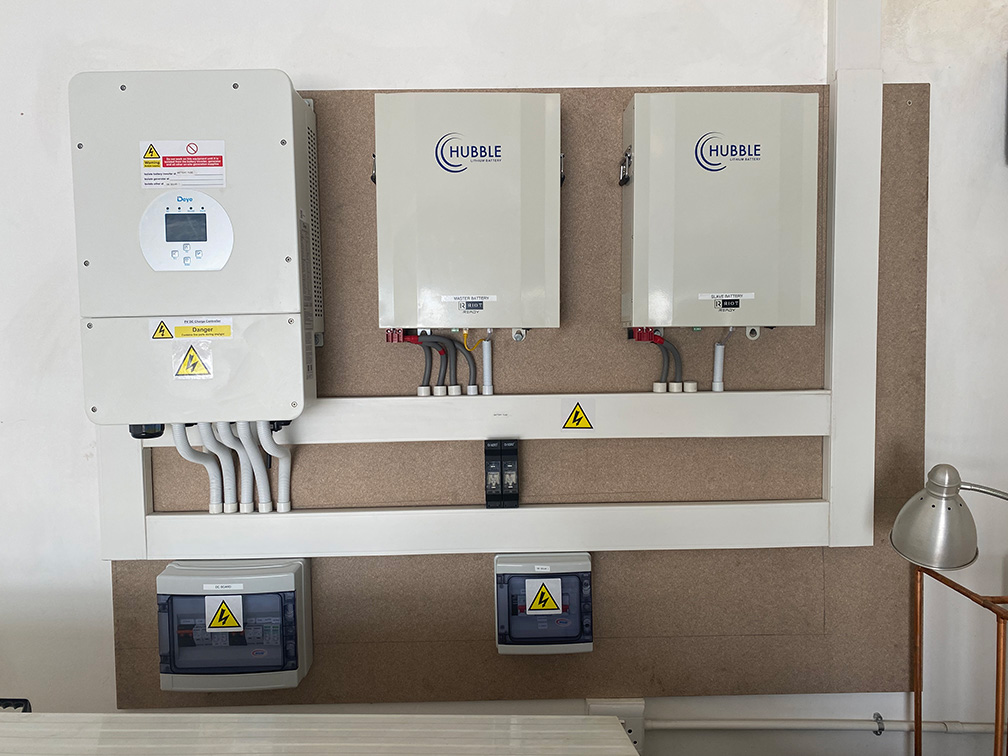
Solar Panel setup. Again the install was brilliant, they didn't pierce the damp proofing and loaded a ton of concrete blocks to hold the panels down. When I thought we had enough they got another load and doubled the balast.

Result: Feels really good to have a much lower carbon footprint. Day time my entire home runs off solar. At night it's a balance of battery and grid, although I could easily get through the full night cycle on battery, generally about 5kWh of purchased power per day. Honestly I can get this 5kW down with better scheduling of my automations.
The stats below are March 1 to 18:00 March 2, two days with cloud and rain. Data is from my home automation system, although Deye does connect to the Solarman app I am accessing the inverter directly for my data so it's basically the same. The panels have a production potential of 6.5kW, but the data below is only reflecting production power against my full household demand.
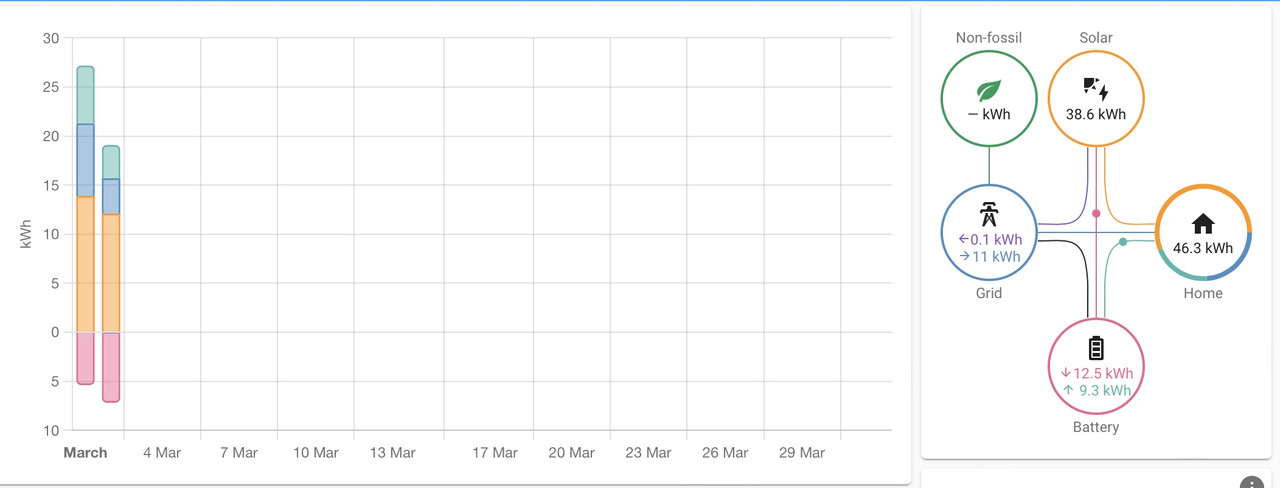
This is a break down from my energy monitoring system that I installed.
to give you an idea of consumption on the bigger stuff:
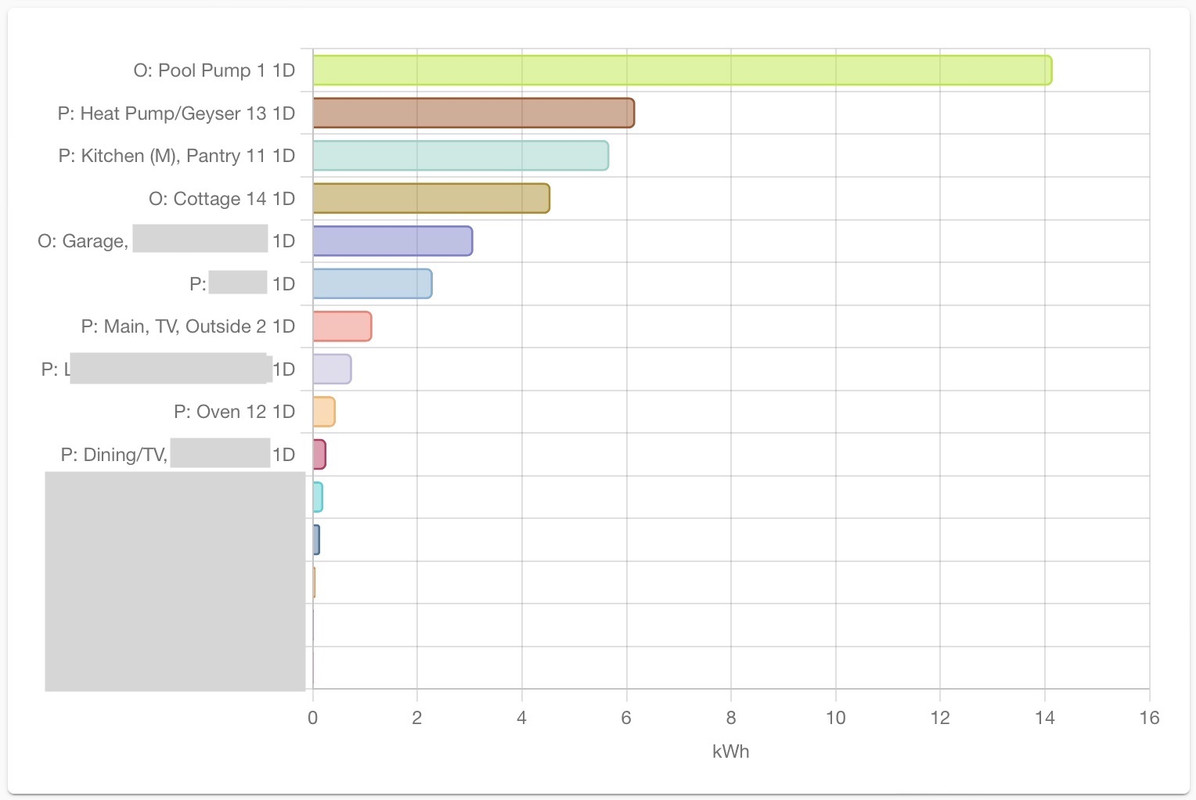
I didn't want this post to come across as a Goslr promotion, I think they are cool, but that's the limit of my interest in them. So I'm just sticking to the facts in case anyone wants to go this route.
After several years of looking at different options for hybrid solar installs and having a few mates go the route of self install and professional install (PHDPowerhouse and Ellies). I realised as much as I could do the install myself, I just don't have the time, and frankly the equipment brands I would want to use are a big upfront cost. To be honest I also don't really know what the future holds, so a multi-year earn back is not a guarantee. I wish I could have done this work myself, it would have been a nice project... although my insurance company might have disagreed.
Rest of background is here: https://www.avforums.co.za/index.php/topic,97558.msg1093254.html#msg1093254
So, meetings all day everyday, and a family that basically pings me if the wifi drops below 200mb for three seconds basically forced my hand. The big appeal for me in this option is the maintenance, off-site monitoring, and replacement of equipment (including batteries).
I went for the GoSolr large install
14 x 455kw panels, Canadian Solar I think.
8kw Deye Inverter
2 x 5,5kWh Hubble batteries (Imported components, locally assembled)
I have the option to add an additional 5.5kWh battery for R500, which I don't need right now, but we'll see if my tune changes when our next 3 day outage hits my area.
INSTALLATION
Took 2.5 days of work to install the electricals and panels (Probably would have been two days had it not been for the rain on the second day)
Day 1: Panels, Inverter/battery setup, DB board prep
Day 2: Wiring and Integragtion into DB board
Day 3 (Half a day really): Switch on and final configuration.
Inverter Battery Setup. Should have taken a pic before the covers went on, but the wiring was awesome. I'm a wiring nerd and their work was exceptional.

Solar Panel setup. Again the install was brilliant, they didn't pierce the damp proofing and loaded a ton of concrete blocks to hold the panels down. When I thought we had enough they got another load and doubled the balast.

Result: Feels really good to have a much lower carbon footprint. Day time my entire home runs off solar. At night it's a balance of battery and grid, although I could easily get through the full night cycle on battery, generally about 5kWh of purchased power per day. Honestly I can get this 5kW down with better scheduling of my automations.
The stats below are March 1 to 18:00 March 2, two days with cloud and rain. Data is from my home automation system, although Deye does connect to the Solarman app I am accessing the inverter directly for my data so it's basically the same. The panels have a production potential of 6.5kW, but the data below is only reflecting production power against my full household demand.

This is a break down from my energy monitoring system that I installed.
to give you an idea of consumption on the bigger stuff:




